Who is Asadollah Assadi and what was the case against him in Belgium
By Ivan Kesic
On Friday afternoon, Iran’s foreign minister Hossein Amir-Abdollahian took to Twitter to make an important announcement – the release of Iranian diplomat Asadollah Assadi, who was jailed in Germany and Belgium on false charges, in a prisoner swap deal mediated by Oman.
“Mr. Assadollah Assadi, the innocent diplomat of our country, who was illegally detained in Germany and Belgium for more than two years against international law, is now on his way back to his homeland and will soon enter our beloved Iran,” Iran’s top diplomat wrote.
“I thank the Sultanate of Oman for its positive efforts in this direction.”
In a separate statement, foreign ministry spokesman Nasser Kanaani Assadi will return home after "five years in captivity", adding that the diplomat had been "taken hostage" in a plot designed by the Israeli regime in collusion with some European intelligence services.
"The Zionist-American 'big lie' scenario went on stage with the aim of creating a crisis in relations between Iran and Europe and this plot happened right after the US withdrew from the nuclear deal with Iran.”
The formal announcement came after Oman’s foreign ministry said the Arab country had “successfully” managed to broker a deal between Iran and Belgium to exchange their prisoners, two days before Oman’s Sultan Haitham bin Tarik is slated to touch down in Tehran.
“The Omani efforts have resulted in an agreement between the two sides for a mutual exchange deal,” the ministry’s said in a statement posted on its website on Friday.
Mohammad Jamshidi, the Iranian president's deputy chief of staff for political affairs, said in a post on Twitter that Assadi’s release was a “victory for the Iranian nation”.
Iran's judiciary spokesman Masoud Setayeshi last month announced that Assadi was set to be released in a prisoner exchange deal between Brussels and Tehran.
Illegal arrest
Assadi was the Third Counselor of the Embassy of the Islamic Republic of Iran in the Austrian capital Vienna. In June 2018, he left Austria with his wife and two sons on leave.
On July 1, 2018, after visiting some neighboring European countries, he began the journey back to Vienna with his family, as he needed to be present at the Iranian Embassy. Then-Iranian President Hassan Rouhani was making an official visit to Austria.
As he was about to leave, German police arrested him on the A3 motorway in southeast Germany. The move was prompted by a European arrest warrant issued by a Belgian court, which was based on forged and fake statements made by two defendants arrested in Belgium.
On July 4, 2018, the Iranian government summoned the French and Belgian ambassadors and Germany’s chargé d’affaires in Tehran to protest the arrest of the Iranian diplomat in Germany.
In a meeting with the French ambassador and the German chargé d’affaires, Iran’s then-deputy foreign minister, Abbas Araqchi, expressed Tehran’s strong protest over the detention of the Iranian diplomat.
Araqchi, while referring to the immunity enjoyed by diplomats under the Vienna Convention on Diplomatic Relations (1961), called for the immediate and unconditional release of Assadi.
He dubbed Assadi’s arrest a scenario aimed at undermining Iran-Europe relations, saying the move was timed to coincide with Rouhani’s trip to Europe and came on the threshold of a foreign ministerial meeting between Iran and the P4+1 group of countries.
In the meeting, the French, Belgian and German diplomats stressed that they would promptly notify their respective governments of Iran’s objection. No heed was, however, given to the objection.
Mockery of justice
Before the Court of First Instance, the Supreme Court and the Constitutional Court in Belgium, Assadi’s lawyer argued that the arrest of his client violated Article 40 of the Vienna Convention on Diplomatic Relations (VCDR), but his argument was not accepted.
On October 2, 2018, Assadi was extradited to Belgium for what turned out to be a show trial.
His Belgian lawyer reiterated the same argument concerning the violation of Article 40 of the 1961 VCDR in order to prove the illegality of both the European arrest warrant issued by Belgium and the subsequent German detention.
Nevertheless, these arguments were turned down because of his on-leave status.
On February 4, 2021, Assadi was sentenced to 20 years in prison by a Belgian court for "attempted murder" and "involvement in terrorism."
False accusations
Belgian prosecutors claimed that Assadi had brought the professionally assembled 550-gm TATP bomb on a commercial flight from Tehran to Vienna in his diplomatic bag and passed it, together with an envelope containing €22,000, to two co-conspirators.
The official Belgian story did not hold water. While diplomatic bags indeed have diplomatic immunity from search or seizure, they are not immune from explosives detectors that check absolutely every single luggage that is brought onto passenger planes.
Triacetone triperoxide (TATP), which was mentioned in the Western media, has been explosive in terrorist circles for years because it does not contain nitrogen, so it could easily avoid detection.
However, since the mid-2010s, modern airports have been equipped with devices that detect TATP without difficulty, as well as with stricter inspections due to a series of Daesh terrorist attacks, so it is impossible for half a kilogram of TATP to have gone unnoticed.
Equally improbable was the possibility that the explosives were detected, but that the carrier was deliberately allowed to pass freely in order to be tracked and collect more evidence.
TATP is highly unstable and prone to accidental detonations, so the probability that the security services will risk someone carrying it in crowded airports and streets of the capital city is equal to zero.
Flawed motives
Apart from the fact that the case built against Assadi was a fairy tale in terms of legalities, the question arises - what would Iran gain by attacking, as the Western media claim, a "prominent opposition organization", which is, in reality, a dying terror cult?
MKO is a terrorist cult, and it's far from "prominent" since its reputation among the Iranian population is extremely bad, due to its direct involvement in terrorism and participation in former Iraqi dictator Saddam Hussein's eight-year imposed war and aggression against the Iranian nation.
In the 1980s, the terrorist group represented a danger because it had thousands of young indoctrinated members and the support of the extremely powerful Soviet KGB, while today its activities are reduced to online trolling, hooliganism, delinquency and low terrorism.
Furthermore, who would be the target of the attack? Poor rent-a-crowd non-Iranian migrants waving MKO flags for a few Euros? They made up the majority of those present at the MKO rally in Paris.
Or those few present MKO members in their final years, whose activity today is reduced to propaganda trolling from the Albanian base? In the next few years, 90 percent of them will die of natural causes and there is no one to replace them.
Or perhaps individuals like John Bolton? His circus performance with the promise that "the Islamic Republic of Iran will not see its fortieth birthday" seems worthy of ridicule today, for an anthology of anti-Iranian failures.
Behind the curtain
Iranian officials have on numerous occasions pointed out who was behind the sham trial against the Iranian diplomat and the whole conspiracy aimed at damaging Iran-European relations.
One detail that confirms this is the interpellation G-000008 of the European Parliament at the beginning of December 2018, fourteen months before the verdict was issued, in which dozens of parliamentarians used the case of Assadi for lobbying against Iran.
Among other things, they directly accused Iran of state terrorism, asked for the inclusion of the Islamic Revolution Guards Corps (IRGC) and the Hezbollah resistance movement on the EU's terrorist list, denigrate Shia organizations and mosques, ask for the summoning of the Iranian ambassadors, etc.
Among the signatories of this anti-Iranian lobby were MPs whom the Press TV website recently mentioned in an investigation as verified mercenaries and lobbyists of the Israeli regime.
Tens of others, not mentioned by names, also belong to the same group.

2025 World Press Photo: 9-year-old Palestinian amputee symbolizes Gaza's tragedy

‘I’m bored, so I shoot’: Chilling testimonies detail Israel’s genocidal war on Gaza
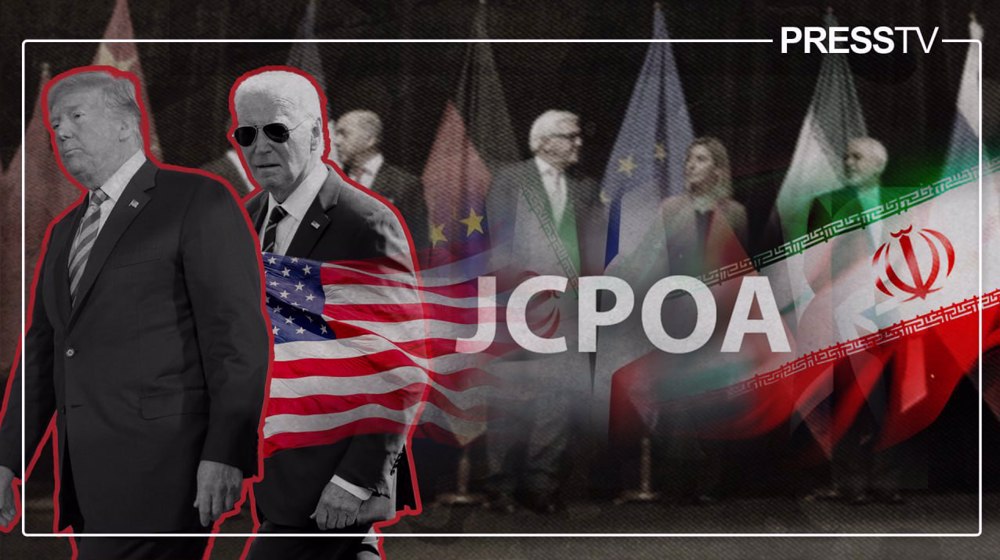
Analysis: As indirect nuclear talks resume in Rome, why is Iran distrustful of US
Iran denies US investors will be present in its trade fair
Israeli forces kill three Palestinians in intensified West Bank raids
VIDEO | Press TV's news headlines
Nearly 600 children killed in renewed Israeli assault on Gaza: UN agency
Moroccan port workers protest Maersk ship carrying F-35 parts to Israel
Iran will ‘chart its own path’ if US refuses to negotiate on ‘equal footing’: President
Iran eyes more exports to Brazil to balance bilateral trade
Russia's President Putin ratifies bill for strategic partnership with Iran


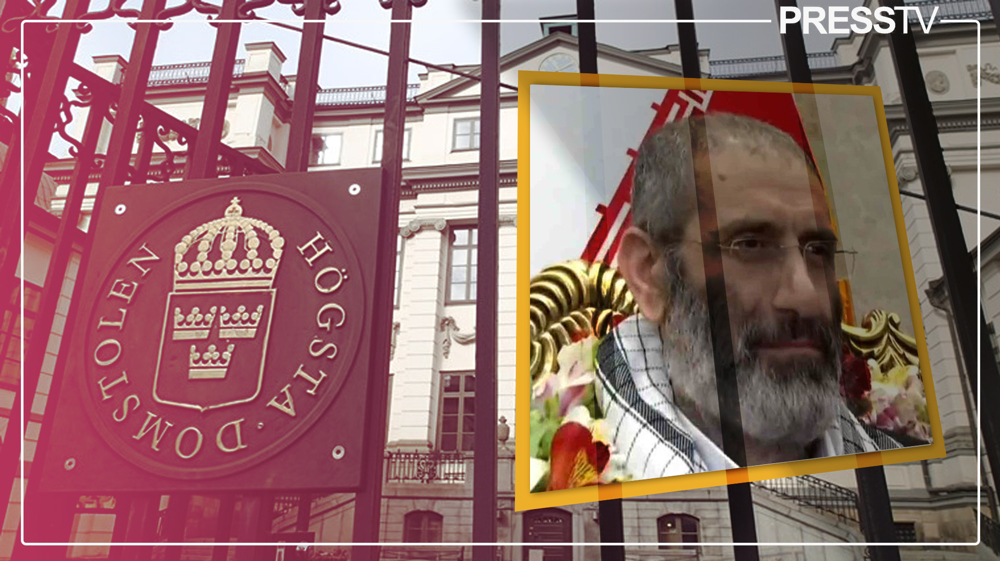



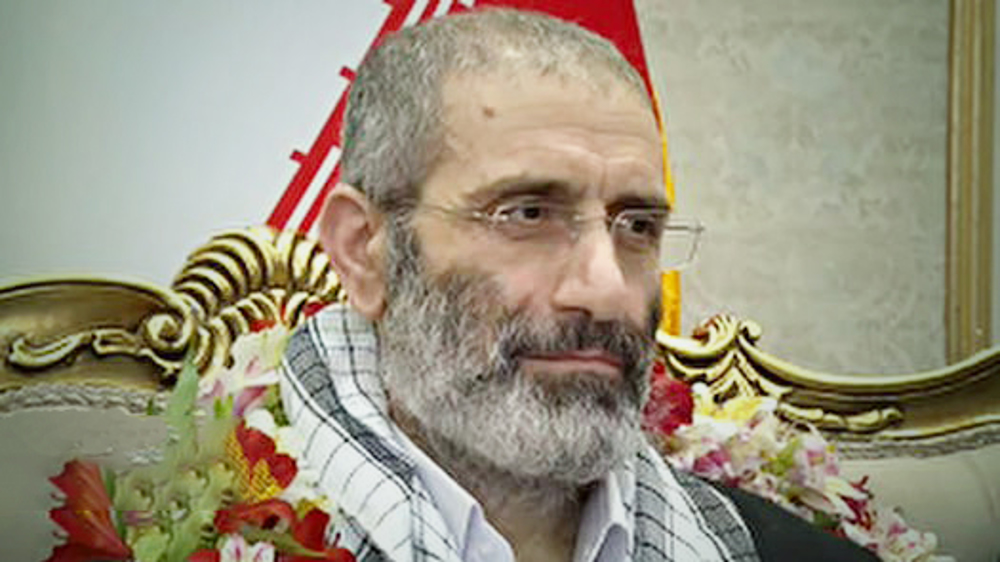
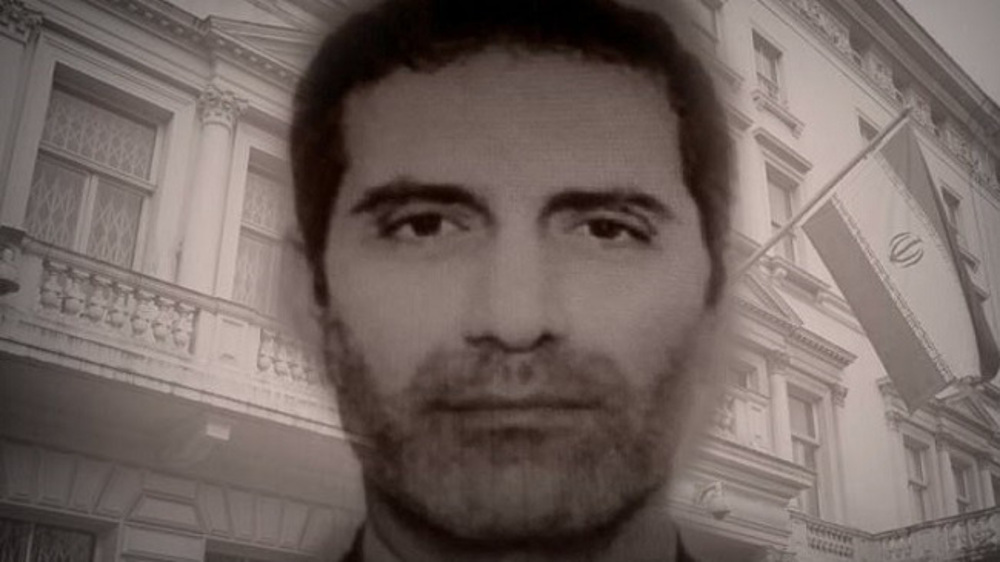
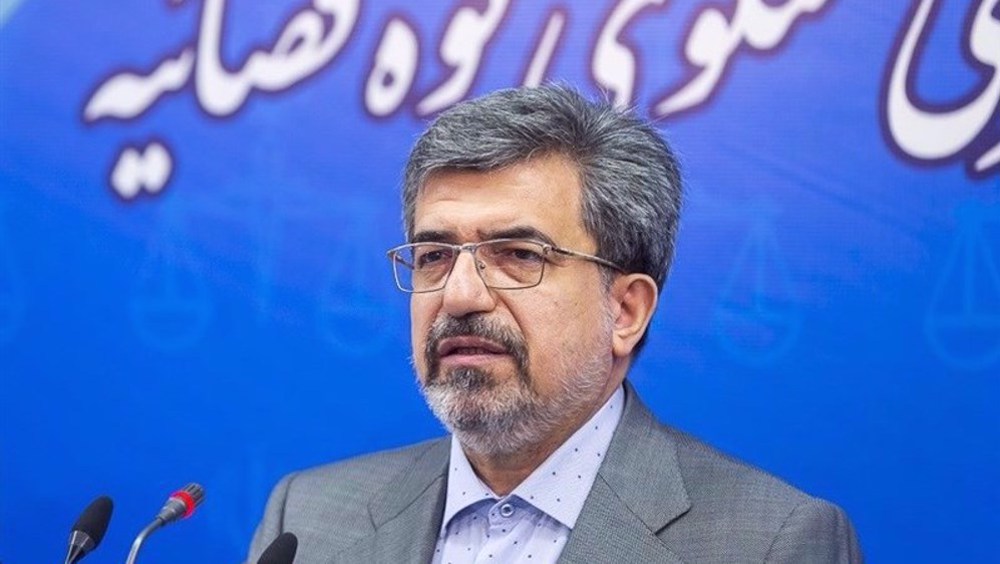
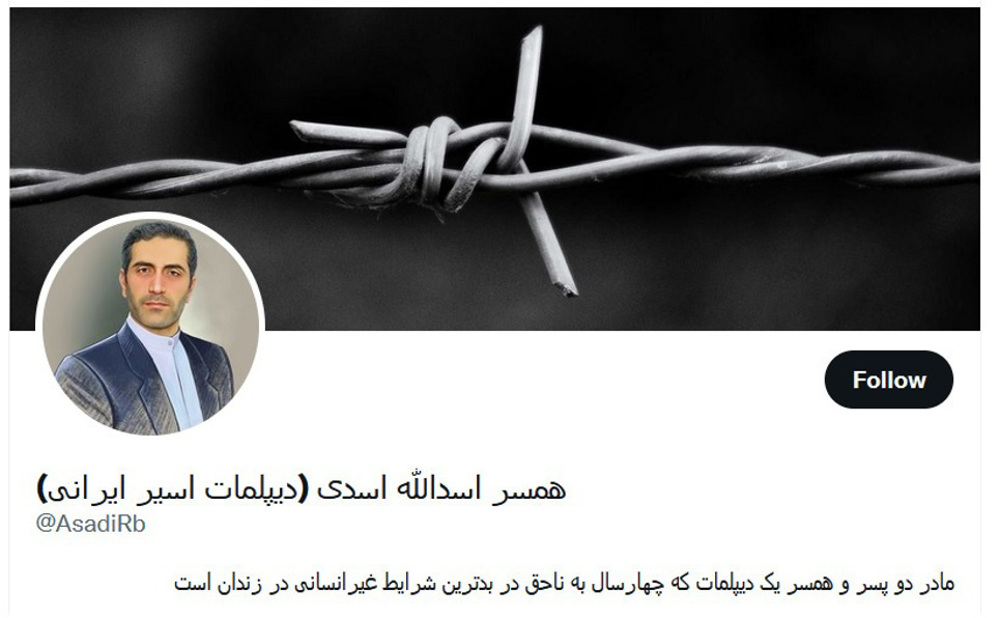

 This makes it easy to access the Press TV website
This makes it easy to access the Press TV website